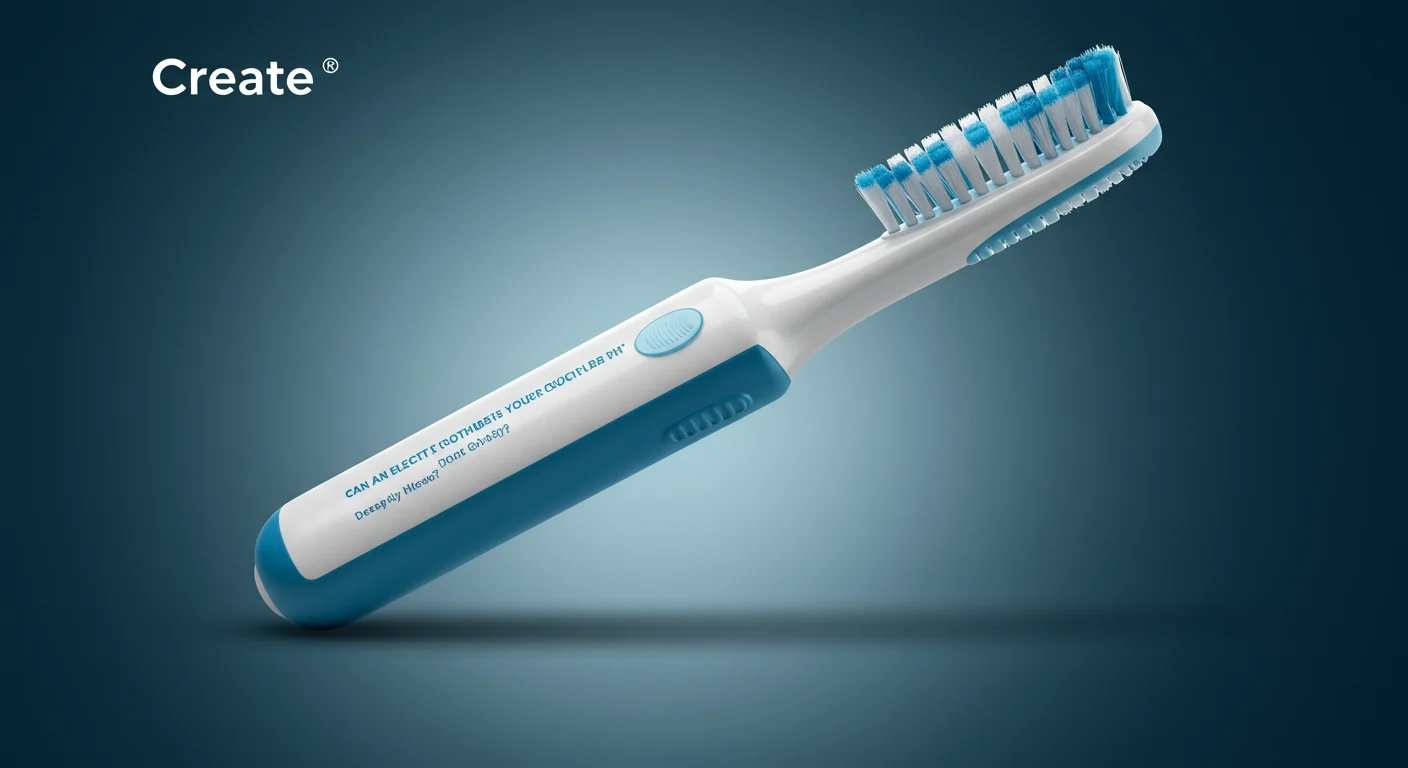
Electric vs. Manual: Which Toothbrush Actually Clears Food Better?
Ever finish dinner and feel that one sneaky seed camping out between your teeth? Same. Here’s the thing: we often use our brush to evict food bits, but brushing was designed first for plaque, not popcorn. So the real question—are electric toothbrushes better at removing food particles—deserves a straight, practical answer.
Food particles vs. plaque: tiny difference, big deal
Plaque is a sticky biofilm that clings to tooth surfaces. Food particles are physical debris—leafy shreds, meat fibers, nut skins, those micro crumbs that wedge in tight spots. A toothbrush (electric or manual) is great at sweeping surfaces, less great at fishing stuff out from tight contacts. That’s why floss exists. Still, you want to know: are electric toothbrushes better at removing food particles? Often, yes for loose bits on and just under the gumline. For wedged chunks between teeth, brushing alone rarely wins.
How electric brushes nudge debris free
Electric brushes bring two advantages: consistent motion and energy in the fluid around your teeth. Oscillating-rotating heads scrub each tooth with thousands of micro-movements. Sonic brushes vibrate so fast they create fluid dynamics (tiny currents) that can disrupt loose debris just beyond the bristle tips. That’s why, in day-to-day use, many people notice fewer random food flecks lingering after an electric session. If you’re asking are electric toothbrushes better at removing food particles in general use, they tend to have a slight edge—especially along the gumline and around uneven surfaces.
When a manual brush still does the job
A well-used manual brush can match (or even beat) sloppy electric technique. Short, gentle strokes at a 45° angle to the gumline, soft bristles, and slow passes around each tooth can sweep away a surprising amount of debris. A small, compact head helps you reach behind molars where stuff loves to hide. If you take your time, manual can feel surgical. But here’s the honest bit: most of us rush. So if you’re wondering are electric toothbrushes better at removing food particles for everyday, imperfect humans, they usually win on consistency.
What actually removes stuck food (the stuff that drives you nuts)
Believe it or not, the best tool for wedged food is still floss or an interdental brush. Water flossers are fantastic for sweeping out larger pockets, too. Your brush—even a great electric—just doesn’t reliably slip through tight contacts. So while it’s fair to ask are electric toothbrushes better at removing food particles, the honest answer is that both types help with loose debris, and neither replaces interdental cleaning when something is really stuck.
A fast, realistic routine after you eat
Here’s my 60-second play that works in the real world: swish water first to loosen crumbs, then brush slowly around the gumline and bite surfaces (electric makes this mindless), finish with a quick floss on the obvious trouble spots. If you’re short on time, even a single pass with a soft pick helps. And yes, in this quick routine, are electric toothbrushes better at removing food particles than a rushed manual brush? Usually—because the power head keeps working while your brain is already on dessert.
Sensitivity, braces, and gum health
If you’ve got braces or busy dental work, electric brushes shine because they patrol around brackets and ridges where food hides. For sensitive gums, soft bristles matter more than anything—electric or manual. Use light pressure; let the bristles, not your arm, do the work. In these cases, are electric toothbrushes better at removing food particles? They often feel easier and gentler simply because the brush takes over the motion and you can focus on placement.
So... which should you buy?
Short answer: for loose debris, electric usually clears more with less effort. For anything truly stuck, floss wins—always. If you like simple and consistent, go electric and keep floss nearby. If you’re careful and methodical, a manual brush still works. But if your personal question is are electric toothbrushes better at removing food particles, I’d say yes for everyday cleanup, with the same caveat dentists repeat forever: don’t skip interdental cleaning.
Want picks I actually stand behind?
I field-tested a bunch of popular models and narrowed it to a few that balance cleaning power, comfort, and price. If you’re upgrading, I’d love you to read my full brush roundup at Consumer’s Best—it’s the straight talk I’d give a friend. And yes, I had this question in mind the whole time: are electric toothbrushes better at removing food particles in everyday life? You’ll see exactly how each pick performed.













